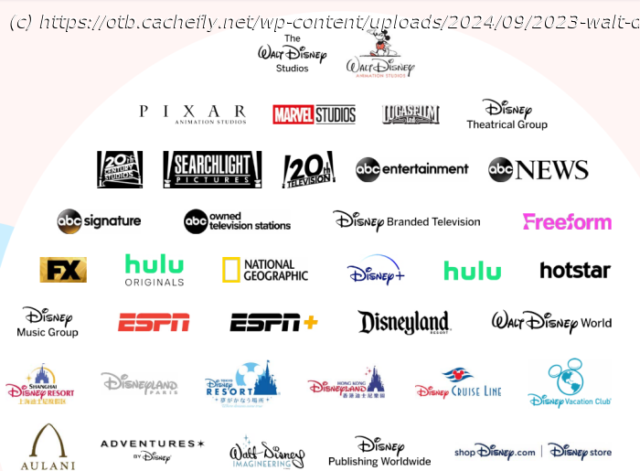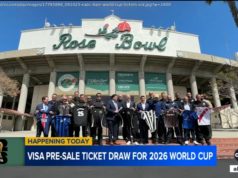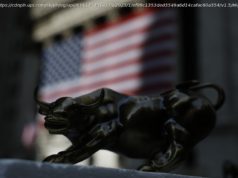Yet another service disruption over rights fees calls attention to the issue.
AP (“ESPN networks, ABC and Disney channels go dark on DirecTV on a busy night for sports“):
ESPN has gone off the air on a major carrier for the second straight year during the U.S. Open tennis tournament and in the midst of the first full weekend of college football.
Disney Entertainment channels went dark on DirecTV Sunday night after the sides were unable to reach a new carriage agreement.
The move angered some sports fans, who posted their displeasure on social media. And the U.S. Tennis Association wasn’t pleased with another carriage dispute.
ESPN was showing the fourth round of the U.S. Open when it went off the air on DirecTV at 7:20 p.m. EDT.
That was a half-hour before the start of the match between Frances Tiafoe, an American who reached the 2022 U.S. Open semifinals, and Alexei Popyrin, an Australian who eliminated defending champion Novak Djokovic on Friday.
“It is disappointing that fans and viewers around the country will not have the opportunity to watch the greatest athletes in our sport take part in the 2024 U.S. Open due to an unresolved negotiation between DirecTV and Disney, resulting in the loss of access to ESPN. We are hopeful that this dispute can be resolved as quickly as possible,” the USTA said in a statement.
It also happened 10 minutes before the start of the college football game between No. 13 LSU and 23rd-ranked Southern California in Las Vegas.
ABC-owned stations in Los Angeles; the San Francisco Bay Area; Fresno, California; New York; Chicago; Philadelphia; Houston; and Raleigh, North Carolina, also went off DirecTV.
This phenomenon isn’t new, of course. There are a plethora of cable and satellite providers, as well as streaming services, who bundle content and sell them to consumers. Disputes over carriage fees are routine and outages like this happen from time to time.
Last year, Disney and Spectrum — the nation’s second-largest cable TV provider — were involved in a nearly 12-day impasse until coming to an agreement hours before the first Monday night NFL game of the season.






